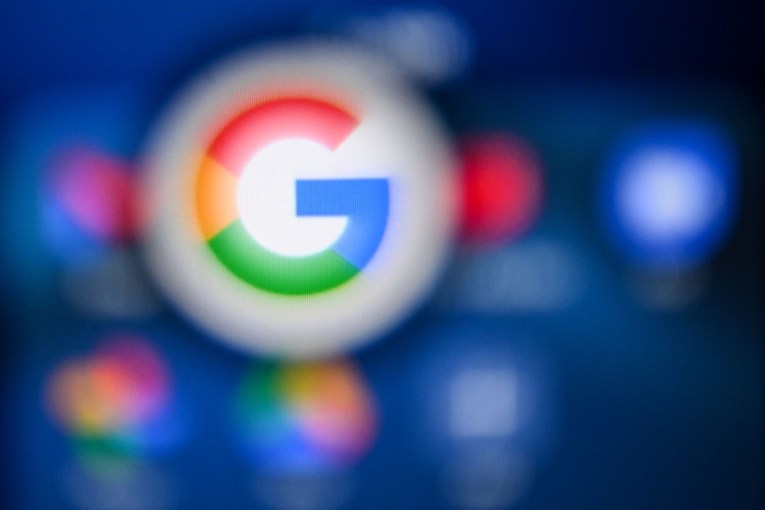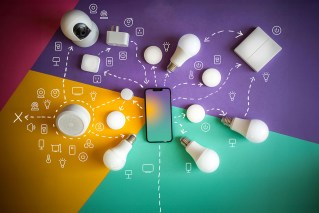France halts sales of iPhone 12s, but experts say they are ‘not a problem for health’

France has stopped the sale of Apple’s iPhone 12 devices until the radiation levels are lowered.
However, Australians with an iPhone 12 shouldn’t be concerned about their device affecting their health, according to experts.
Professor Rodney Croft, a non-ionising radiation health expert from the University of Wollongong, told The New Daily that when people thought of the word ‘radiation’, they think of the negative effects associated with nuclear radioactivity.
“When it comes to mobile phones and things like base stations, the only effect we see in the science is heating, and the levels we’re talking about are extremely mild,” Croft said.
“It’s certainly understandable that people get concerned with the term, but it really is a very different thing to the sort of radiation that’s more problematic.”
The French consumer watchdog, the ANFR, said the iPhone 12 emitted electromagnetic waves at higher levels than permitted under French law.
If Apple was unable to resolve the issue with a software update within a fortnight, all iPhone 12s in the country would be recalled, it stated.
But Croft said: “These levels are many times lower than it takes to cause any kind of harm, and even that harm is quite a conservative estimate.
“These limits are set a long way below any harmful levels in order to make sure that people are safe and also to stop exposure gradually creeping up higher.”
Types of radiation
Conspiracy theories around mobile phones causing cancer because of radiation have existed as long as the devices have been available, but Croft said “just about everything gives off radiation”.
“It’s only under some conditions that it becomes dangerous. Once something has enough energy per photon; we refer to this as radioactive because it can do quite substantial things to bodies,” he said.
“It can break DNA bonds, for instance, which can cause all sorts of problems.”
Modern standards are set to ensure that there is little risk of harm, despite mobile phones being incapable of reaching this level of radioactivity.

Mobile phones do not emit nuclear radiation, the type most people think of when they hear the word. Photo: CHUCKage
Croft said the French regulator had set levels 10 times below the amount of radiation required to come even close to harming a person.
“The four watts per kilo limit that they’re referring to is 10 times lower than the level that’s projected to cause any harm and even then, science hasn’t been able to demonstrate it,” he said.
“There are many other countries that use a slightly different approach, which doesn’t result in that high value because it takes other factors into account.”
A difference in testing
Mobile phones marketed in Australia must meet requirements set by the Australian Communications and Media Authority, and the Australian Radiation Protection and Nuclear Safety Agency says there is no established scientific evidence that the use of mobile phones has any negative health effects.
Croft said the testing regime in Australia is similar to methods used in other countries, but not France.
“In Britain and the US, for instance, it factors in a small gap between the phone and the body to account for things like movement and clothing,” he said.
“Putting a big reduction factor of 10 means that slight variations can occur, but it’s not going to be a problem for health.”
A litany of scientific studies, from both overseas and in Australia, have found no negative health effects linked to radiation emitted by mobile phones, and a 2018 study found there has been no increase in any type of brain tumour since the use of devices became prevalent.








